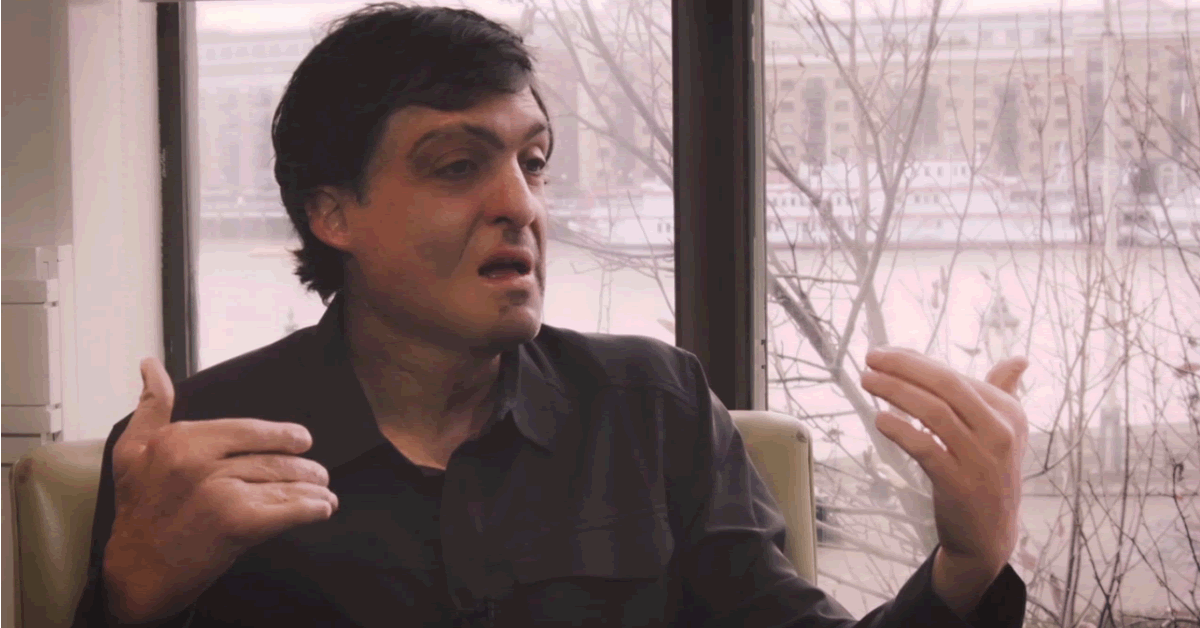Dan Ariely on the Power of Irrational Thinking
by
Humans are incapable of thinking rationally about money, so Dan Ariely proposes creating tools to curb the irrational behavior of consumers and financial professionals alike.
The logical way to think about money is in terms of opportunity cost, according to Ariely, a professor of psychology and behavioral economics at Duke University. In a Take 15 interview with Usman Hayat, CFA, Ariely states that rational people weigh their consumption against every alternative. The challenge is that the more consumption alternatives there are and the more they differ, the harder it is to conceive of opportunity cost. Comparing the purchase of a new bicycle to depositing money into a retirement account, for example, is much more difficult than comparing apples to oranges.
“It turns out that comparing apples to oranges is very easy. Nobody is ever standing in front of the fruit bowl saying, ‘I have no idea which one I want,’” Ariely says. “Thinking about opportunity cost is necessary to thinking well about money, but it’s just not humanly possible.”
Even if people are able to think of present consumption in terms of future costs, such as the cost of a new bicycle being the equivalent to a month of rent in retirement, they would still exhibit present focus bias according to Ariely. The immediate is more tempting, he asserts, thus making it difficult for people to save.
Consumers also conceive of money in relative terms rather than thinking about each decision individually. Paying €2000 for leather seats in a €30,000 car seems reasonable, but paying €2000 for leather upholstery on a €500 chair does not, even if the costs of leather are comparable and the chair gets more use. This bias, known as anchoring, is the tendency to make decisions based on some initial number. Ariely explains that loan limits from online calculators often anchor home buyers’ decisions.
“They figure out what they can borrow and then they put that number into the search engine to see what house they should buy,” he said. “People kind of mindlessly take that number, plug it in, and then buy a house that’s actually more expensive than what they can afford.”
People need tools to correct these behaviors, Ariely says. Electronic wallets may be able to compare expenditures to things consumers are saving for, making them more aware of opportunity costs. Banks could offer checking accounts that automatically divide paychecks into categories like housing and debt payments to prevent people from overestimating their disposable income.
Financial professionals could also benefit from more rational behavior.
“Don’t think that just because people start making decisions in groups they get better,” Ariely says. “In 2007–2008, we saw lots of institutional investors panicking and behaving in terrible ways.”
People lack the self-discipline to keep themselves from panicking, so investors need ways to enforce their commitment to act rationally.
“What mechanism can you create that will not let you act on your impulses?” Ariely asks. “Imagine if we took investments and said, ‘We’re going to create a rule that you’re not allowed to sell things immediately.’”
Though he concedes that such a rule could prevent or delay a rational decision to sell, he thinks that the benefit of keeping emotions and impulses out of investment decisions would make for a net positive.
If you liked this post, don’t forget to subscribe to the Enterprising Investor.
Copyright ©












